Mishpacha Inbox
At Mishpacha, we hope to inform, inspire, educate, and entertain. But it’s not a one-way street. One of the liveliest sections in the magazine is the Inbox, where readers weigh in, sharing their own insights, advice, questions, and experiences.
Here, readers share their reactions to Mishpacha articles and reader feedback.
What do you think? Join the conversation.

Related content

"A person might actually miss out on their bashert and years of happiness because they said no based on a picture"
Mishpacha Readers
"Are the areas of holiness and tzniyus to be left only for the chassidim? Do we in the yeshivah world not value them as well?"
Mishpacha Readers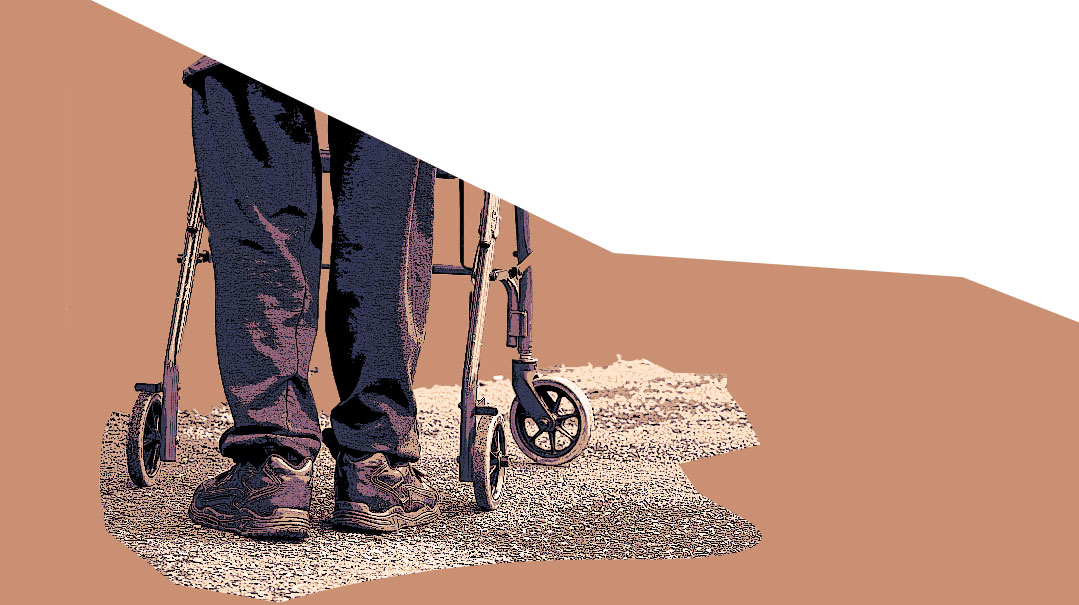
We each have our own private quests, those goals we tried — or keep trying — to achieve. As we struggle and strive, the process becomes its own destination
Rabbi Aryeh Z. Ginzberg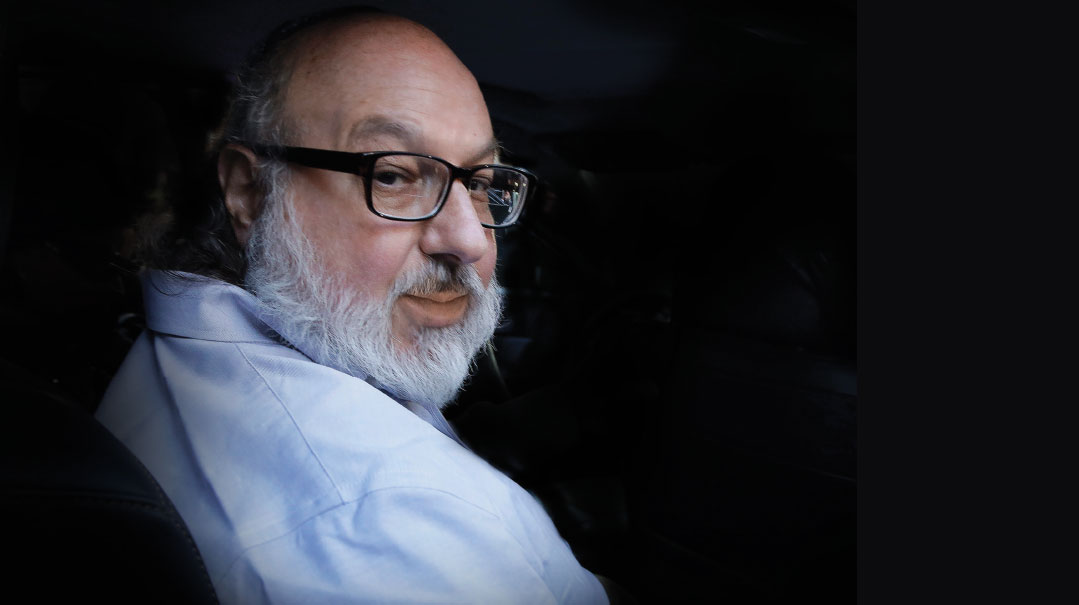
As the American chapter of the book on Jonathan Pollard is coming to a close, a new, more hopeful sequel is about to be written
Binyamin Rose
It’s time for all of us to step up to the plate and support our struggling small business owners. It’s time for us to shop locally
Assemblyman Simcha Eichenstein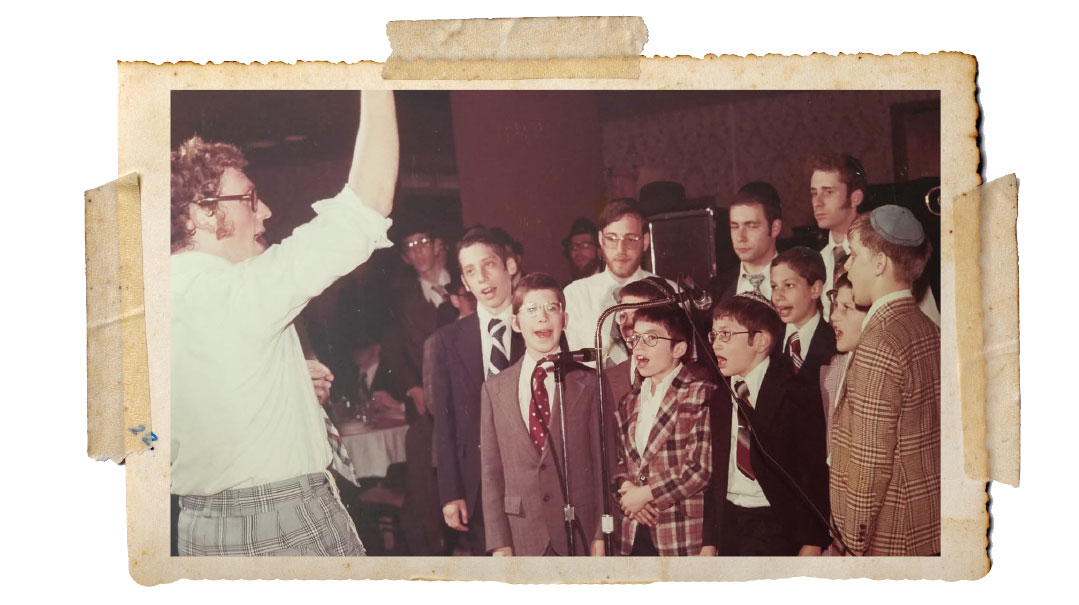
The success of the concept behind the JEP recordings of the early 1970s
Dovid Nachman Golding
Directly addressing the One who plants ideas and intentions in the hearts of rulers
Yisroel Besser
Joe Biden has now confounded his doubters, making history as the oldest elected president with the first female Vice President
Binyamin Rose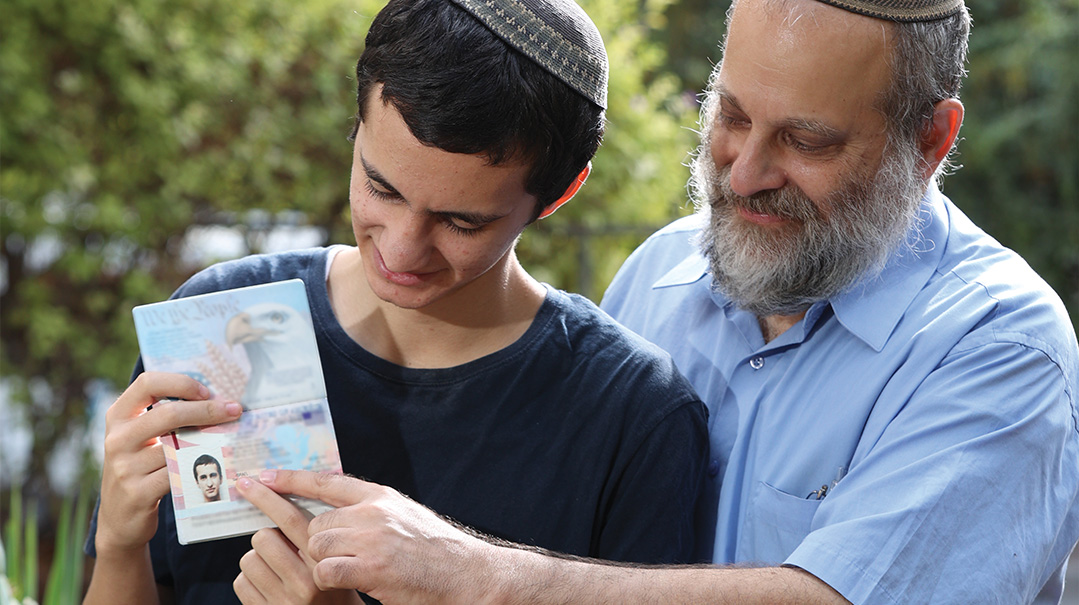
Ari Zivotofsky’s 18-year battle finally ends with “Israel” listed on his son’s passport
Naomi Zivotofsky
Kids who've vanquished cancer just want to leave it behind
Rachel Ginsberg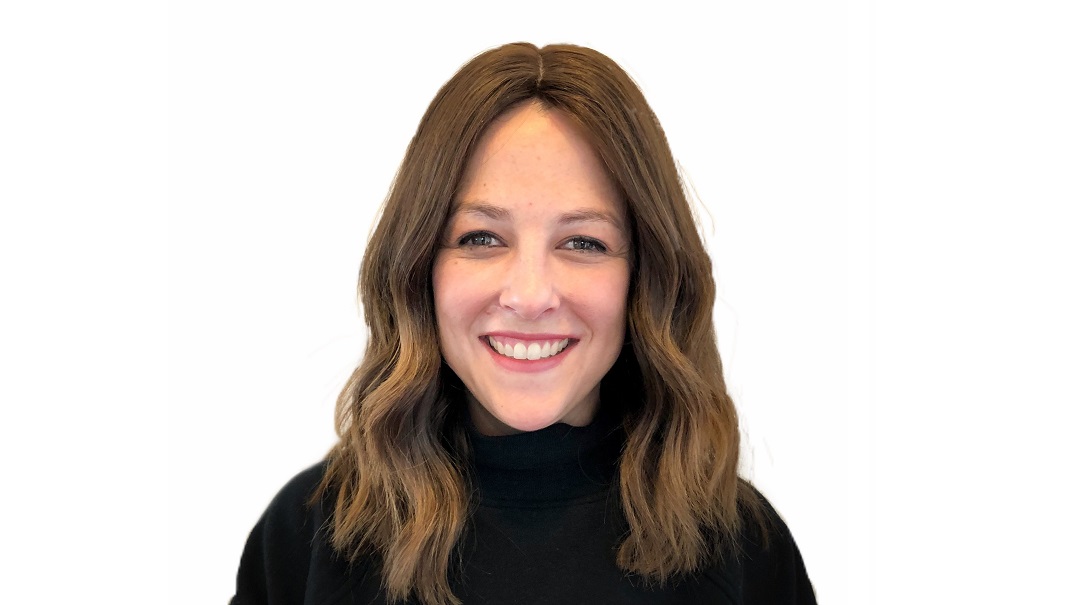
Spiritual resilience can be understood as the ability to stay close to Hashem during challenges
Alexandra Fleksher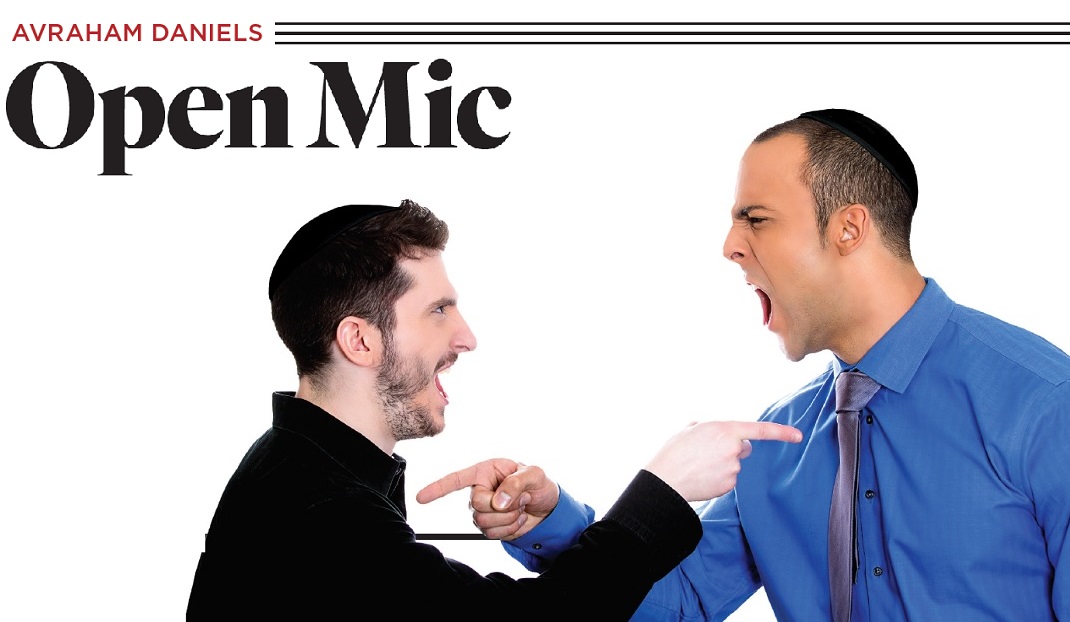
One’s political leaning has often gone far, far beyond mere political preference, with the assumption that every frum person must share the same politics
Avraham Daniels
Traces of Jewish life in the verdant hills and valleys of South Wales
Riki Goldstein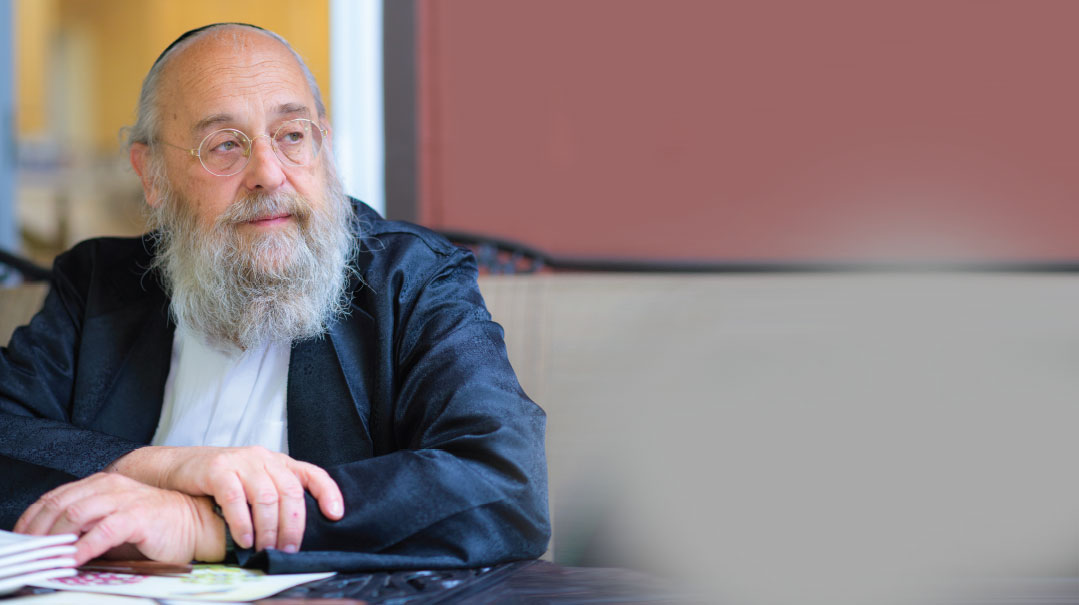
Rabbi Shlomo Bochner channeled the pain of empty arms to help thousands of childless couples build their families
Yisroel Besser
Professor Hillel Furstenberg found order in randomness and won the world’s top math prize
Gershon Burstyn
Coronavirus has shown the limitations of remote journalism, and none more so than when covering the Knesset
Gedalia Guttentag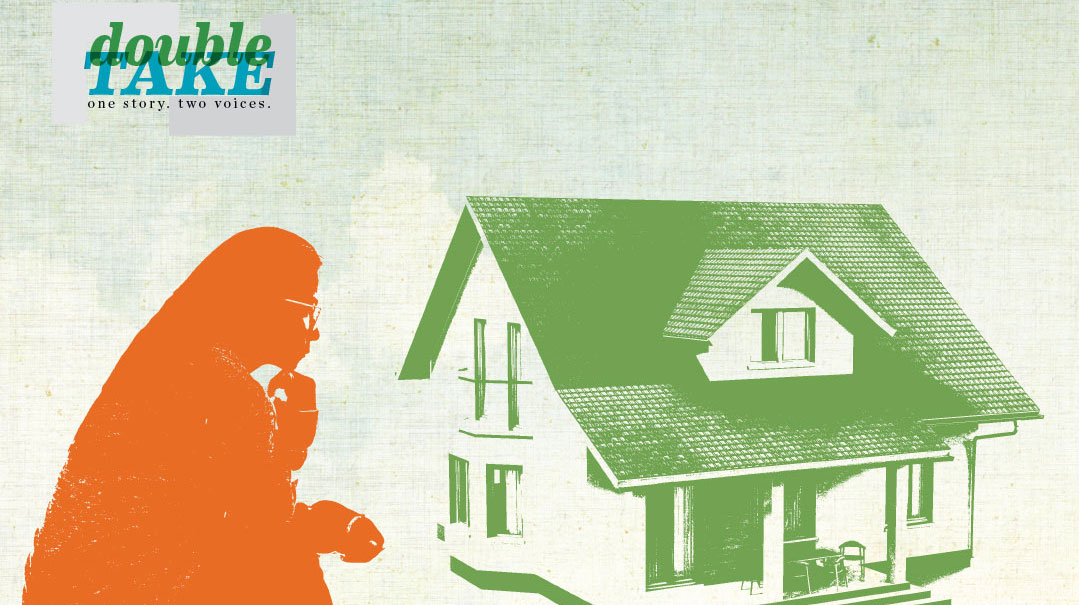
“Shidduchim, Ma? I just got back... I’m looking into college programs. One thing at a time, no?”
Rochel Samet
Has Cuomo gone too far? The closures, the backlash, and the shattered trust
Yochonon Donn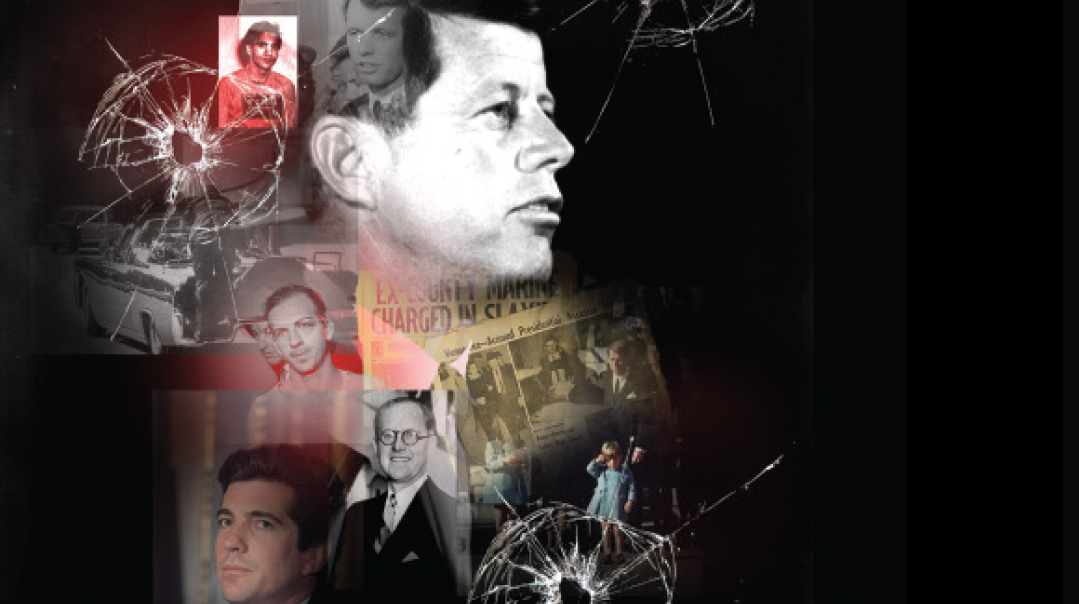
Some people call it the “Kennedy Curse.” But does that mean a series of coincidental tragedies over the decades, or an other-worldly campaign targeting the progeny of one of the most powerful men of the last century?
Simcha Stern
Rav Reuven Feinstein has tapped the clarity born of loss to write a new chapter about the bonds of marriage and true faith
Yisroel Besser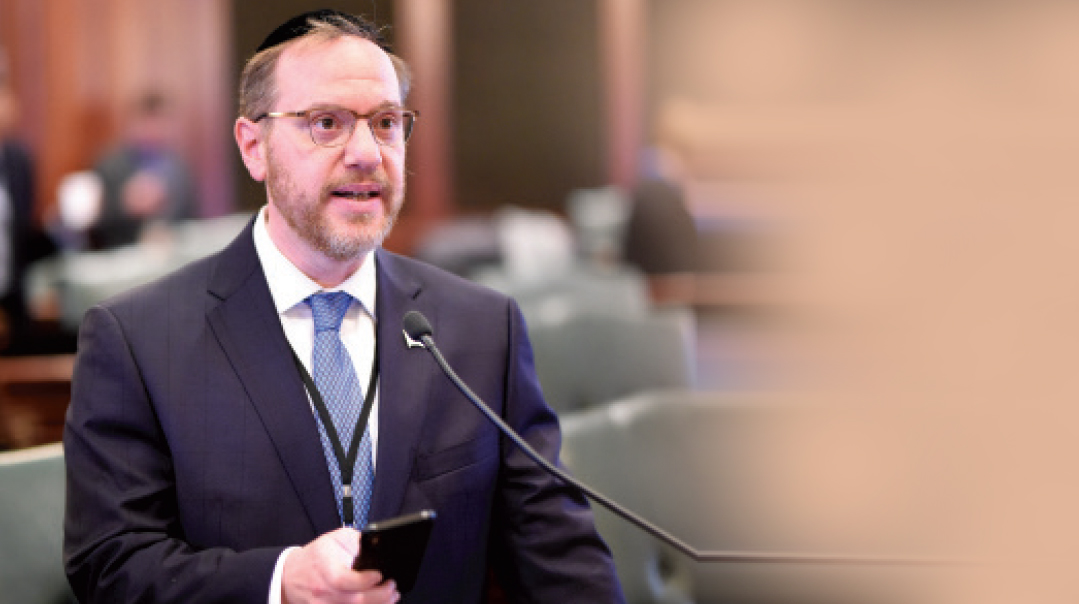
Is Rabbi Yehiel Kalish's short-lived political experience a portent for the future of religion in an increasingly progressive America?
Binyamin Rose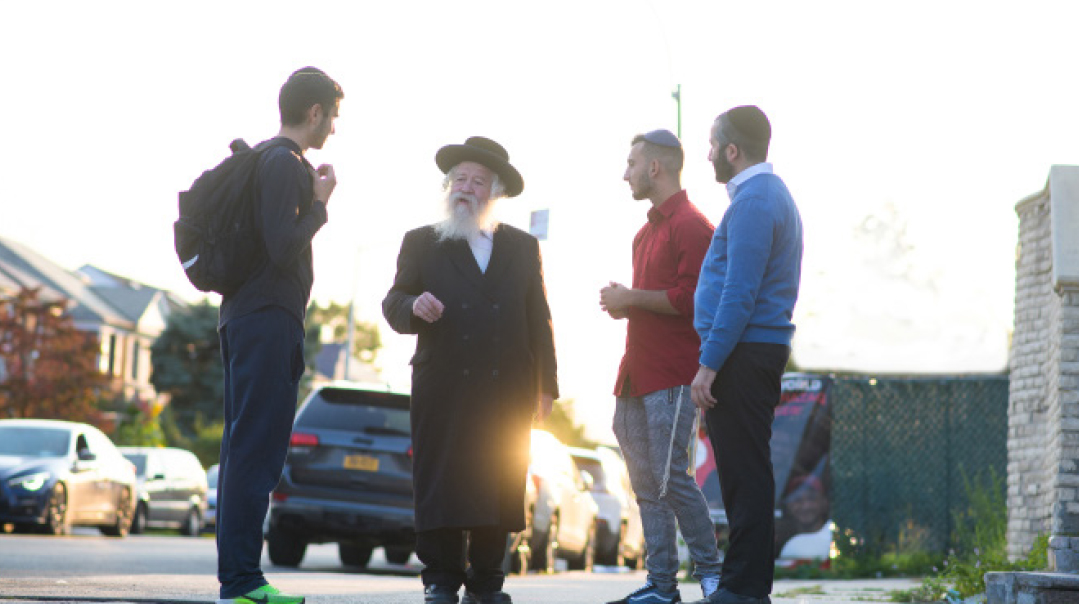
For four decades, master mechanech Rabbi Shmuel Zalmen Kleinman has been reaching out to public school kids of all backgrounds and placing them in frum summer camps and yeshivos — and he’ll do whatever it takes to help them
Eytan Kobre
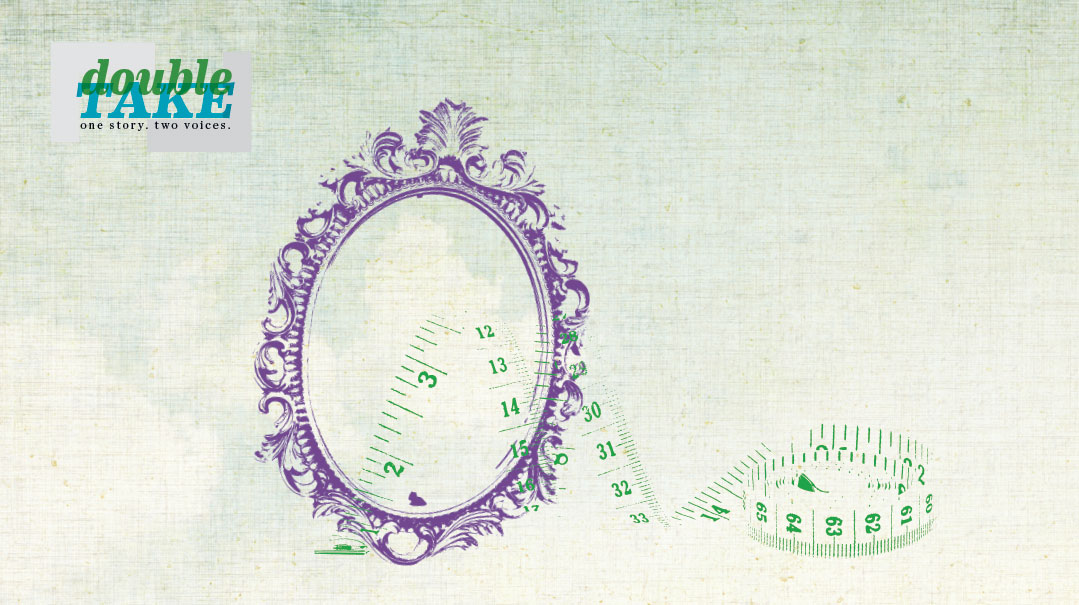
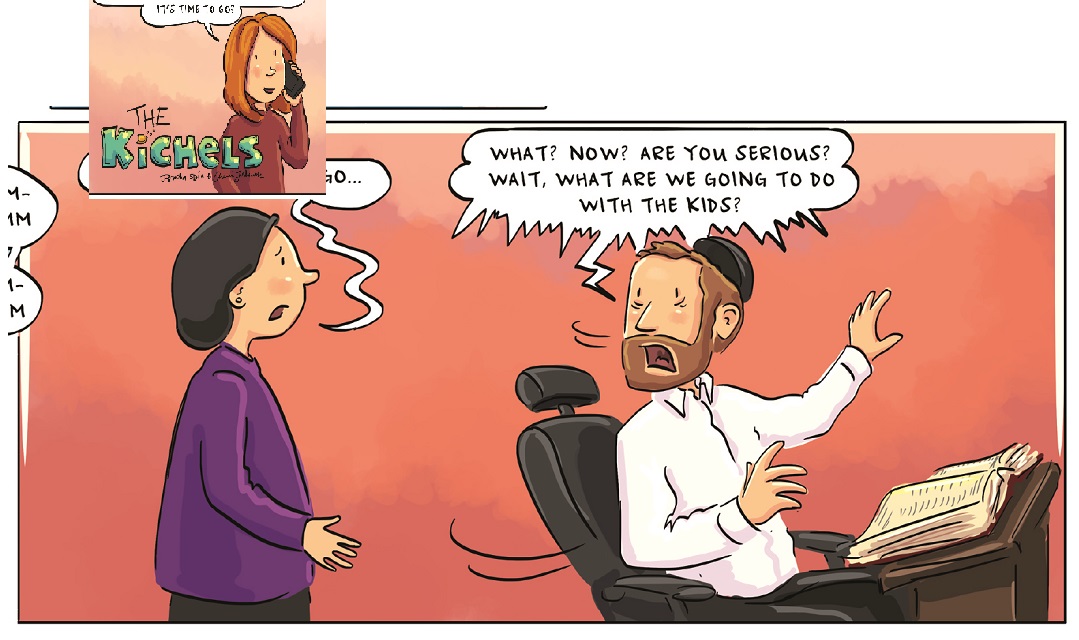


Comments (138)